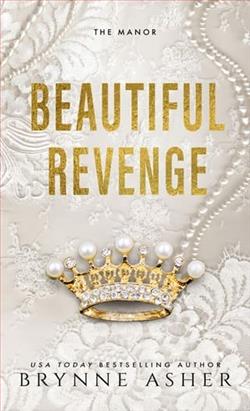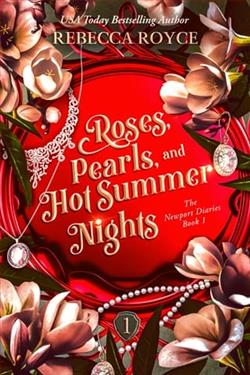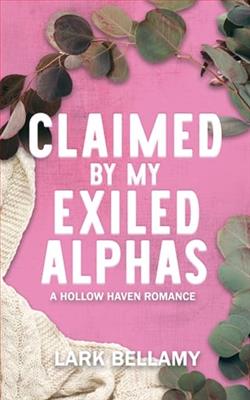Page 53 of Silence of the Missing
I disengaged myself from her when the music started. I’d created a playlist that played through the church’s speaker system—Judy Collins singing the Beatles ‘Golden Slumbers,’ Sarah McLachlan’s ‘I Will Remember You,’ Celine Dion’s ‘Because You Loved Me,’ Whitney Houston with ‘I Will Always Love You,’ and Elton John’s ‘Candle in the Wind.’ Sure, they were cliché and sentimental, but all of them contained lyrics that beautifully expressed the loss I felt, the hole left in my world by Marc’s sudden and violent passing.
As Judy Collins’s plaintive soprano rang out over the suddenly stilled church, I thought that it didn’t matter Marc had left me for something else only he could understand. He’d been seduced by a conniving con man for one thing, a con man intent on killing to fulfill some crazy, blood-lust fueled need for revenge, even if was horribly, horribly misplaced. For another, the fact that our marriage had withered on the vine wasn’t something for which I could totally blame him. Every marriage needs two people to nurture it. And I knew now I’d failed him by being complacent, taking our many years together and the belief that there’d be many more for granted. Who knew? Maybe if the circumstances were more commonplace, Marc would have gotten his disenchantment out of the way with a bit of separation. Perhaps he would have returned to me more fully committed.
I’d never know.
And it didn’t matter anymore, anyway. I loved him and I knew he loved me. That was solid and undoubtable.
The minister’s brief eulogy went by as a mumbled noise. I couldn’t concentrate. But I sat up straighter, as the minister, a lovely woman named Sandra, with short gray hair and severe black glasses that did nothing to lessen her light, her kindness, said, “And in closing, I’d like to read a poem by Christina Rossetti, chosen by Marc’s husband, Sam.”
I squeezed Mom’s hand so hard she gasped, yet didn’t pull away. She eyed me.
“This will be hard,” I managed to say, my words coming out choked, barely above a whisper.
Sandra looked down at the podium and then raised her eyes to the small crowd.
“This is ‘Remember Me.’ Sam, I hope it gives you—and all here—comfort.
Remember me when I am gone away,
Gone far away into the silent land;
When you can no more hold me by the hand,
Nor I half turn to go, yet turning stay.
Remember me when no more day by day
You tell me of our future that you planned:
Only remember me; you understand
It will be late to counsel then or pray.
Yet if you should forget me for a while
And afterwards remember, do not grieve:
For if the darkness and corruption leave
A vestige of the thoughts that once I had,
Better by far you should forget and smile
Than that you should remember and be sad.”
It was too much, the words too perfect. They seemed to have been written just for Marc and me.
A child again, I lay my head on my mother’s breast and wept and wept until my eyes burned and my nose felt completely stopped up. I got lost in my pain, my mourning. I lifted my head only when the first notes of Vaughan Williams’s lovely and poignant piece for solo violin, “The Lark Ascending” sounded.
I fought and managed to regain control of myself, for this was my cue to approach the altar. The minister handed me Marc’s urn. I would lead the procession, carrying it out of the church. I’d thought I might say a few words, but I didn’t have the strength. The poem had said it all for me, anyway.
As I walked down the space between the pews, head held high and with no more tears, I treasured the sympathetic and kind faces, all turned toward me. Just as I was nearing the door, I saw him.
My Marc, seated in the very last row. He wore his favorite sport coat, a subtle gray and blue plaid, white shirt, and bow tie. His gaze bore into my own. He mouthed the words, “It’s okay. Everything is okay.”
I blinked and he was gone. But I will always believe he was there that morning to say goodbye and maybe to reassure me of our singular love.
II















